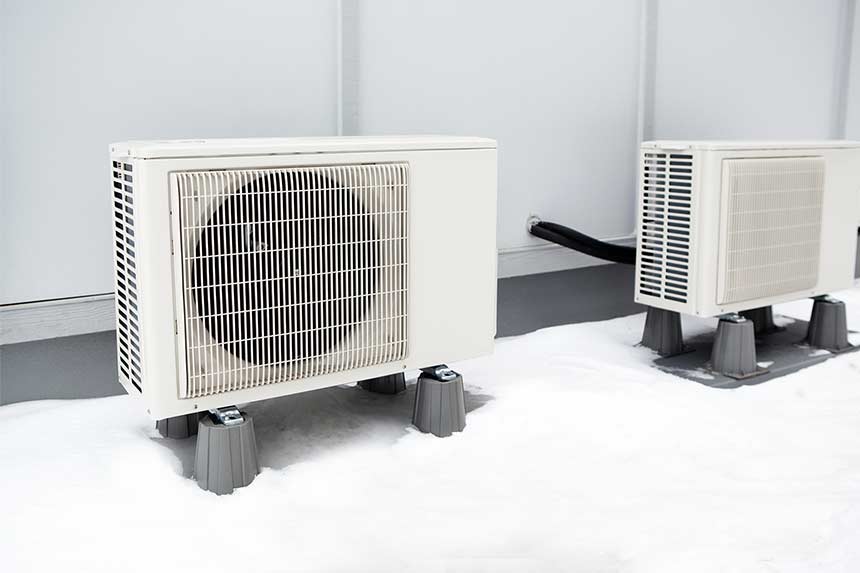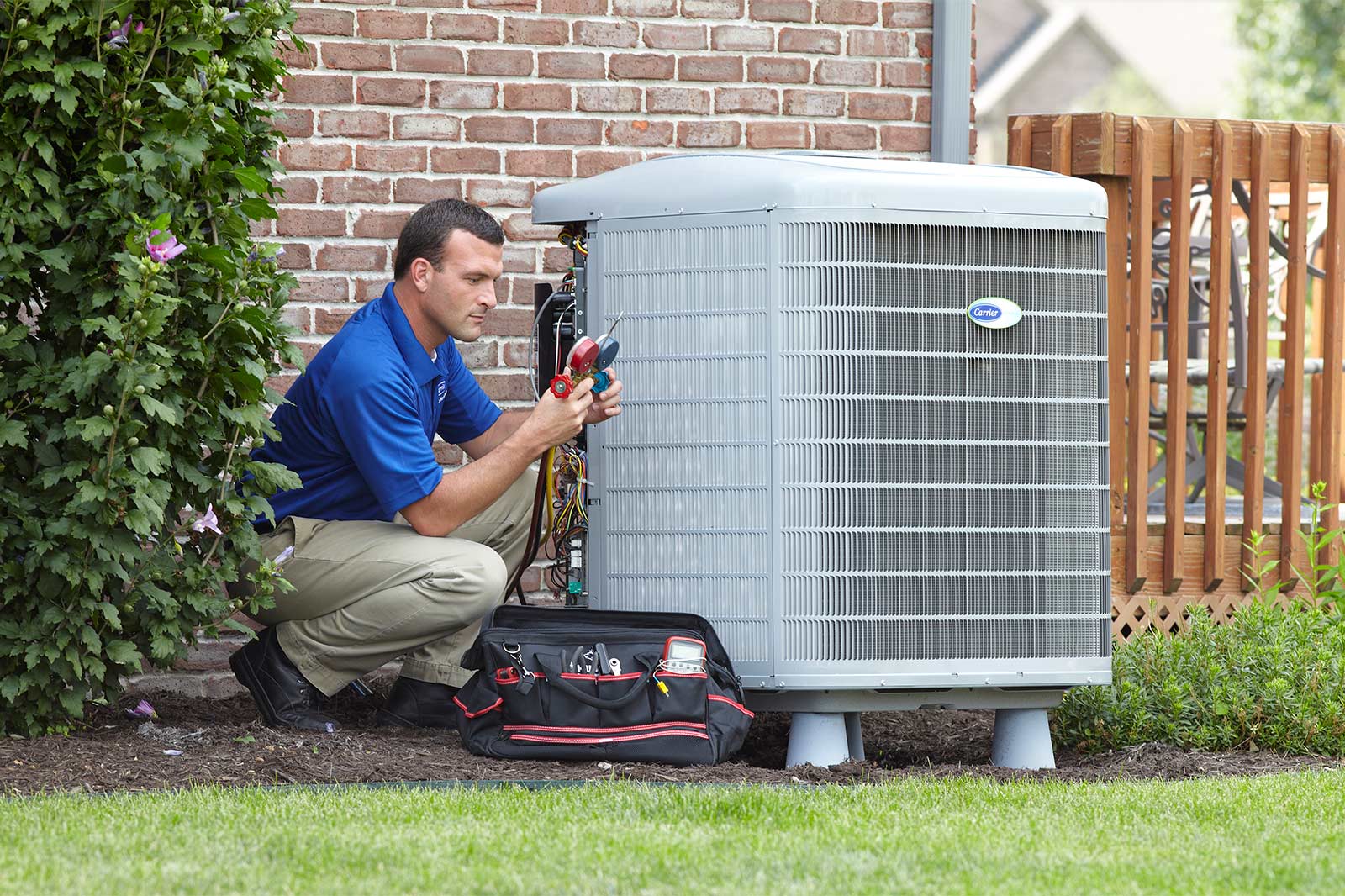AC Compressors: What Do They Do?
In the intricate world of HVAC systems, the compressor stands as the unsung hero, akin to the heart pumping life into your cooling system. As homeowners, understanding the role and functionality of this vital component can empower us to better care for our HVAC units and ensure their longevity. Join ACE Service Experts as we delve into the inner workings of compressors, their importance within the condenser, common issues, preventive measures, and the significance of regular system maintenance.
The Compressor, The Heart of Your HVAC System
Just as the heart pumps blood throughout the body, the compressor circulates refrigerant within your HVAC system. Situated within the outdoor condenser unit, this mechanical marvel is responsible for pressurizing the refrigerant, transforming it from a low-pressure gas to a high-pressure liquid, vital for the cooling process.

The Compressor, The Heart of Your HVAC System
Just as the heart pumps blood throughout the body, the compressor circulates refrigerant within your HVAC system. Situated within the outdoor condenser unit, this mechanical marvel is responsible for pressurizing the refrigerant, transforming it from a low-pressure gas to a high-pressure liquid, vital for the cooling process.
Understanding How it Works
The compressor operates on a simple yet ingenious principle: it compresses the refrigerant, causing its temperature and pressure to rise significantly. This high-pressure, high-temperature refrigerant then flows through the condenser coils, where it releases heat into the outdoor air, ultimately cooling down and returning indoors to repeat the cycle.
Consequences of Compressors Malfunction
When the compressors malfunction, it can have dire consequences for your HVAC system’s performance. Reduced cooling capacity, uneven temperatures throughout your home, increased energy consumption, and even complete system failure are all potential outcomes of a faulty compressor.
Reasons for Compressor Malfunction or Failure
Compressors issues can arise due to various factors, including:
- Electrical Problems: Faulty wiring, capacitor issues, or electrical component failures can lead to compressor malfunction.
- Refrigerant Leaks: Low refrigerant levels due to leaks can cause the compressor to overheat and fail.
- Contaminants: Foreign particles or contaminants entering the system can damage compressor components, leading to failure.
- Overheating: Improper airflow, dirty coils, or inadequate lubrication can cause the compressor to overheat and malfunction.
On average, HVAC compressors have a lifespan of 10 to 15 years under optimal conditions. However, factors such as proper maintenance, usage patterns, and environmental conditions can influence longevity.
Determining the Reasons for Compressors Failure
Diagnosing compressor issues requires expertise and may involve:
- Visual Inspection: Checking for visible signs of damage, leaks, or electrical issues.
- Pressure and Temperature Readings: Utilizing gauges to assess refrigerant levels, pressure, and temperature variations.
- Electrical Testing: Testing electrical components to identify any faults or failures.
- Refrigerant Leak Detection: Using leak detection tools to pinpoint and repair refrigerant leak
Importance of HVAC System Inspection
egular HVAC system inspections are vital for:
- Preventive Maintenance: Identifying potential issues before they escalate, saving you from costly repairs or replacements.
- Optimizing Efficiency: Ensuring your HVAC system operates at peak efficiency, reducing energy consumption and utility costs.
- Enhancing Indoor Air Quality: Cleaning and maintaining components to prevent mold, allergens, and pollutants from circulating in your home.
According to authoritative sources such as the U.S. Energy Information Administration (EIA) and industry reports:
- HVAC systems account for approximately 48% of energy consumption in U.S. homes.
- Proper maintenance can reduce HVAC energy consumption by up to 40%.
- Compressor failures account for a significant portion of HVAC system malfunctions, with electrical issues and refrigerant leaks being common culprits.
Certified Technicians and System Support
Qualified HVAC technicians play a crucial role in:
- Installation and Maintenance: Proper installation and regular maintenance by certified technicians ensure optimal performance and longevity of your HVAC system.
- Repairs and Troubleshooting: Trained professionals can accurately diagnose compressor issues and perform necessary repairs to restore functionality.
- Educating Homeowners: Offering guidance on proper system usage, maintenance tasks, and signs of potential issues empowers homeowners to take proactive measures.
Are you experiencing issues with your HVAC system or due for a maintenance check? Don’t hesitate to reach out to ACE Service Experts! Our team of certified HVAC experts is ready to assist you with installation, repairs, maintenance, and troubleshooting. Ensure your home comfort by contacting us today 314-328-8112 for professional support and peace of mind!

